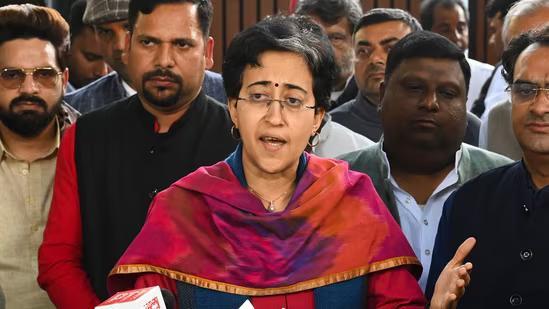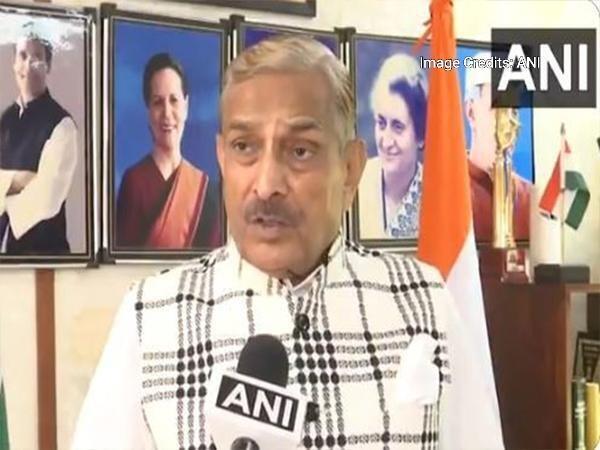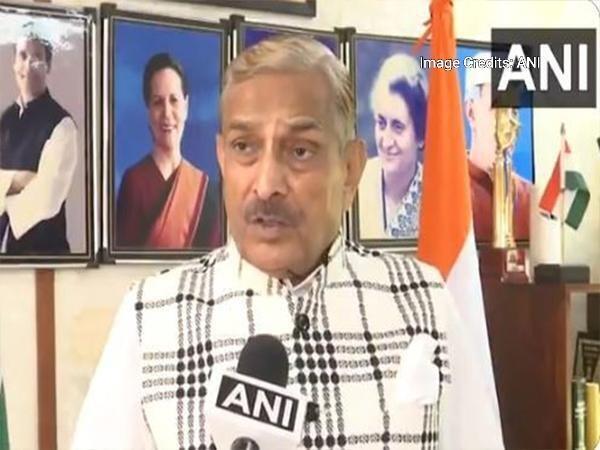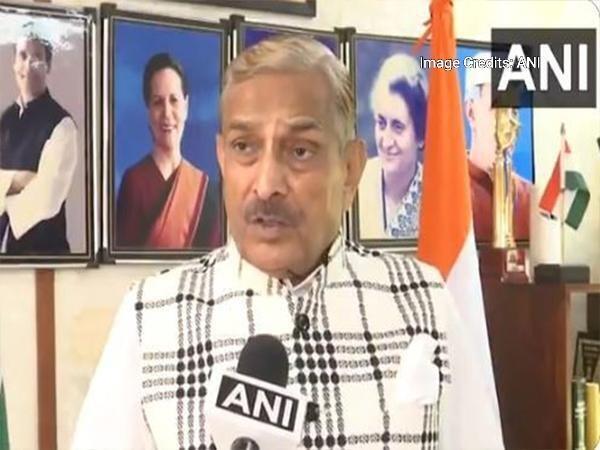
People Buying Inverters, BJP to Turn Delhi into UP: Atishi on Power Cuts
The recent Delhi Assembly polls have led to a dramatic change in the political landscape of the national capital. The Aam Aadmi Party (AAP), which had been ruling the city since 2015, has lost power to the Bharatiya Janata Party (BJP). While the BJP is set to return to power in Delhi after 27 years, outgoing Delhi Chief Minister Atishi has made a scathing remark about the future of the city. According to Atishi, the people of Delhi are already feeling the heat of power cuts, and the BJP’s return to power will turn the city into Uttar Pradesh (UP).
Atishi’s comments came as a response to the frequent power cuts that have been plaguing the city in the past few days. In an interview, she claimed that the people of Delhi are facing power cuts three days a week, and the situation is likely to worsen once the BJP takes over. The outgoing Chief Minister also pointed out that people are already buying inverters and generators to cope with the power cuts, which is a stark indication of the city’s deteriorating power situation.
The BJP’s victory in the Delhi Assembly polls is being seen as a significant achievement for the party, given that it has been out of power in the city for nearly three decades. The party’s promise of delivering better governance and addressing the city’s pressing issues, such as power shortages and pollution, seemed to resonate with the voters. However, Atishi’s remarks have sparked concerns about the party’s ability to deliver on its promises.
Atishi’s comments have also sparked a debate about the BJP’s track record on power management. The party has been criticized in the past for its handling of power distribution in Uttar Pradesh, which has been plagued by frequent power cuts and poor electricity supply. If the BJP’s policies in UP are replicated in Delhi, it could spell disaster for the city’s residents.
The power cuts in Delhi are not just a matter of inconvenience; they also have serious implications for the city’s economy and daily life. The frequent blackouts have already affected businesses, schools, and hospitals, and the situation is likely to worsen if the power supply does not improve.
The AAP, which had been in power in Delhi since 2015, had made significant strides in improving the city’s power situation. During its tenure, the party had increased the power supply in the city, reduced the number of power cuts, and implemented measures to improve the overall efficiency of the Delhi Electricity Board (DEB).
In contrast, the BJP has a poor track record on power management. In Uttar Pradesh, the party has been criticized for its failure to address the power crisis, which has led to frequent blackouts and poor electricity supply. If the BJP’s policies in UP are replicated in Delhi, it could spell disaster for the city’s residents.
Atishi’s remarks have also sparked concerns about the BJP’s commitment to addressing the city’s pressing issues. The party has promised to deliver better governance and address the city’s problems, but Atishi’s comments suggest that the party may not be serious about its promises.
The power cuts in Delhi are not just a matter of inconvenience; they also have serious implications for the city’s environment. The frequent blackouts have already led to an increase in air pollution, which is a major concern for the city’s residents.
In conclusion, Atishi’s remarks have sparked concerns about the BJP’s ability to deliver on its promises and address the city’s pressing issues. The power cuts in Delhi are a serious issue that needs to be addressed urgently, and the BJP’s track record on power management is a major cause for concern. If the party is serious about delivering better governance, it needs to address the power crisis in Delhi and commit to improving the overall efficiency of the DEB.






